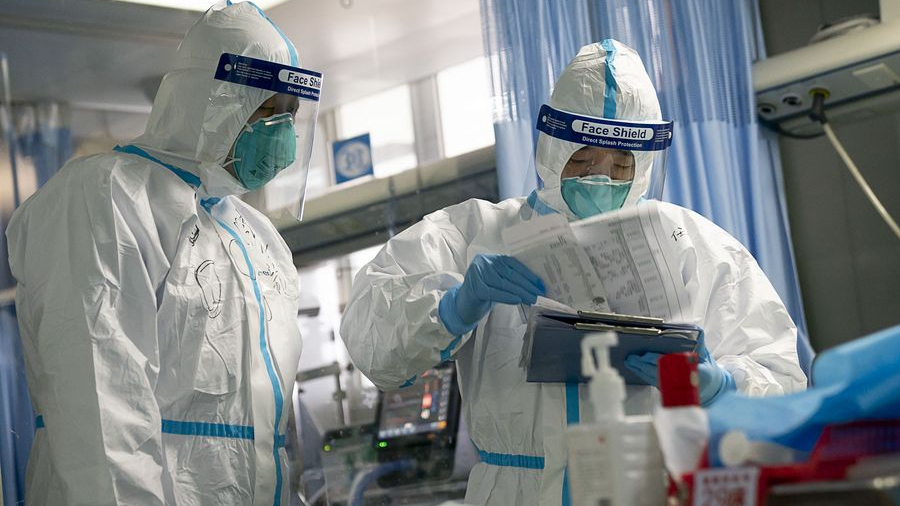East Asia's COVID-19 response could hasten power shift


It seems that history may have turned a corner.
East Asia's swift response to COVID-19, particularly in China, including Hong Kong and Taiwan, as well as in South Korea and Singapore, presents a stark contrast to the West's indecision and half-hearted measures, which have led to an exponential spread of the virus there.
To many Western governments' chagrin, this may do much to hasten the world's growing admiration for Asian governance and political leadership.
The confidence being demonstrated by China and other East Asian nations on the global stage will help reshape the world order. The resurgence of China in global political and economic affairs was already underway before the pandemic.
The country has become the largest contributor to United Nations' peacekeeping troops among the five permanent members of the UN Security Council, and the second-largest contributor to UN peacekeeping missions overall.
The far lower death rates in East Asia compared with the West is a lesson for all and reflects not just an efficient healthcare and emergency response system, but also the confidence the general population has in their leaders.
Their response to the outbreak has been led by science and data, a reflection of how China, since its opening-up, has blossomed through vast investments in education, poverty alleviation and healthcare.
In dealing with COVID-19, China, after some initial missteps, followed the epidemiological modeling and scientific evidence to resolve the problem. As a responsible global citizen, it quickly released the genetic data of the virus following its genome sequencing in mid-January.
This was acknowledged by the World Health Organization, contrary to the United States' baseless allegations of Chinese secrecy.

China and other countries in the region have long believed in open and free markets. This is in contrast to much of the West, where government interference in the economy is often viewed as part of the "problem" rather than the solution.
Following its century of humiliation by the West, the Chinese people understand the need for a strong country with the wherewithal to defend its interests, and as a prerequisite to maintain its clout on the world stage.
China's successful response to COVID-19 has not only won over the support of its own citizens but also the admiration of many countries it has tried to help as they battled this crisis.
This contrasts with the haphazard response of some Western governments, which have allowed COVID-19 to take hold and sown the seeds of discontent that are increasingly visible in the general population.
There are, of course, differences among the leadership systems found in East Asia. But one feature they all share is their belief in a strong government.
China's government structure, in particular, is arguably one of the most meritocratic in the world, steeped as it is in certain Confucian-or simply Asian-values, with its most distinctive feature being that it is family-and community-centric, and where individualism often takes a back seat when it conflicts with the greater public interest.
The successful tackling of COVID-19 will only strengthen the Chinese people's confidence in this form of government.
Other nations are increasingly taking note, including those in the West. While the US and Europe bickered over the US' travel ban from Europe in March without giving any advance notice, China was sending material including masks, ventilators and protective suits, as well as experienced medical personnel, to Italy, Spain and elsewhere.
China has provided medical assistance to more than 150 countries and international organizations. The Group of Seven countries pushed back against pressure placed on them by the US in March to denounce COVID-19 as the "Wuhan virus".
The West need not be overly concerned over this power shift. China has never shown any interest in actively trying to impose its model of government on the world.
Besides, its success in poverty alleviation and unprecedented economic success, and the increasing goodwill and cooperation it is earning from the international community, have convinced this ancient civilization that it simply doesn't have to.
The author is a financial services consultant and writer based in Hong Kong. The views do not necessarily reflect those of China Daily.
































